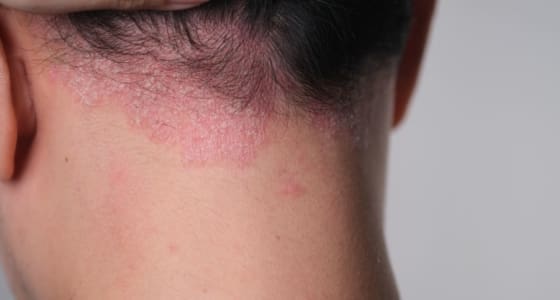They can manifest in various forms, including redness, itching, swelling, bumps, blisters, or dry patches. Rashes can be caused by a wide range of factors and can occur anywhere on the body.
There are numerous potential causes of skin rashes. Allergic reactions to substances like certain foods, medications, or contact with irritants such as chemicals or plants can trigger a rash. Infections, both bacterial and viral, can lead to rashes as the body’s immune system responds to these pathogens. Fungal infections, like ringworm or candidiasis, can also result in skin rashes.
Environmental factors are another contributor, with exposure to extreme temperatures or harsh weather conditions exacerbating this concern. Medical conditions such as eczema, psoriasis, or rosacea are chronic disorders which are typically associated with recurring rashes on the skin.
During your dermatology consultation, one of The Day Clinic’s Consultant Dermatologists will address a skin rash depending on the underlying cause and its specific characteristics. In cases of allergic reactions, identifying and avoiding the allergen is crucial. They may prescribe topical treatments, such as corticosteroid creams or ointments, which provide relief by reducing inflammation and itching. Antihistamines may also be recommended to alleviate symptoms related to allergic reactions.
For bacterial infections, our dermatologist may prescribe antibiotics, while antifungal medications may be used to treat fungal infections. Viral rashes, such as those caused by herpes or shingles, may require antiviral medications. They may also recommend moisturisers and emollients to help manage dry or irritated skin, while avoiding harsh soaps and maintaining proper hygiene practices is essential.
The Day Clinic also welcomes those affected by severe or persistent skin rashes, when it is important to seek medical advice. Our dermatologist can accurately diagnose the cause of the rash and recommend the most appropriate course of treatment, which may include prescription-strength medications or specialised interventions. Early and accurate diagnosis is key to effective management and prevention of complications.









